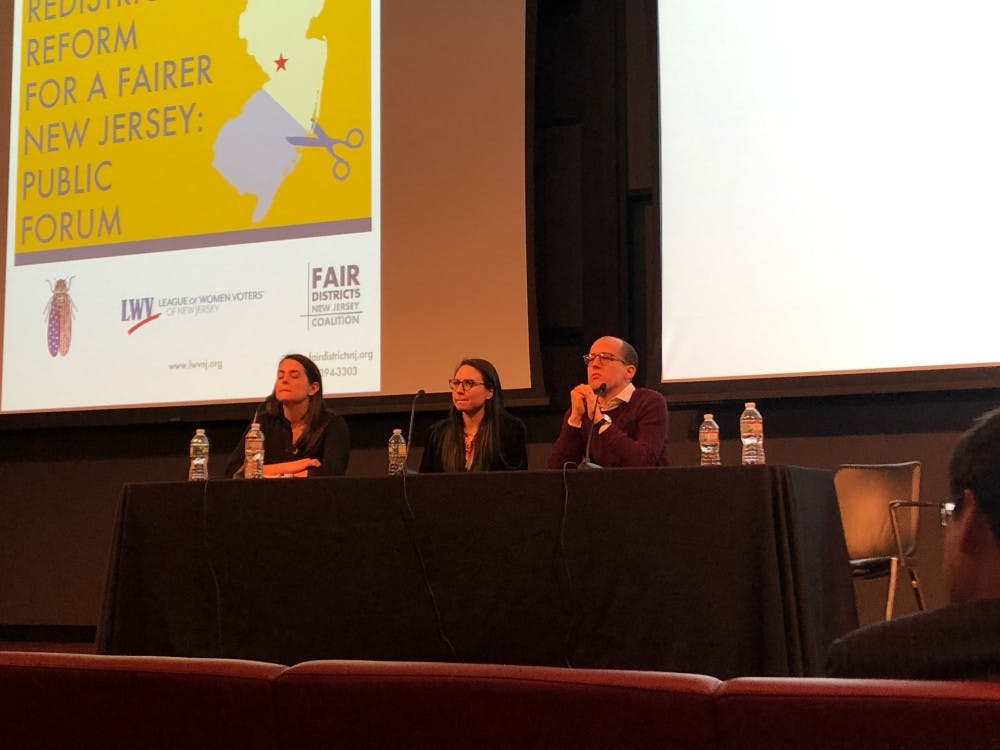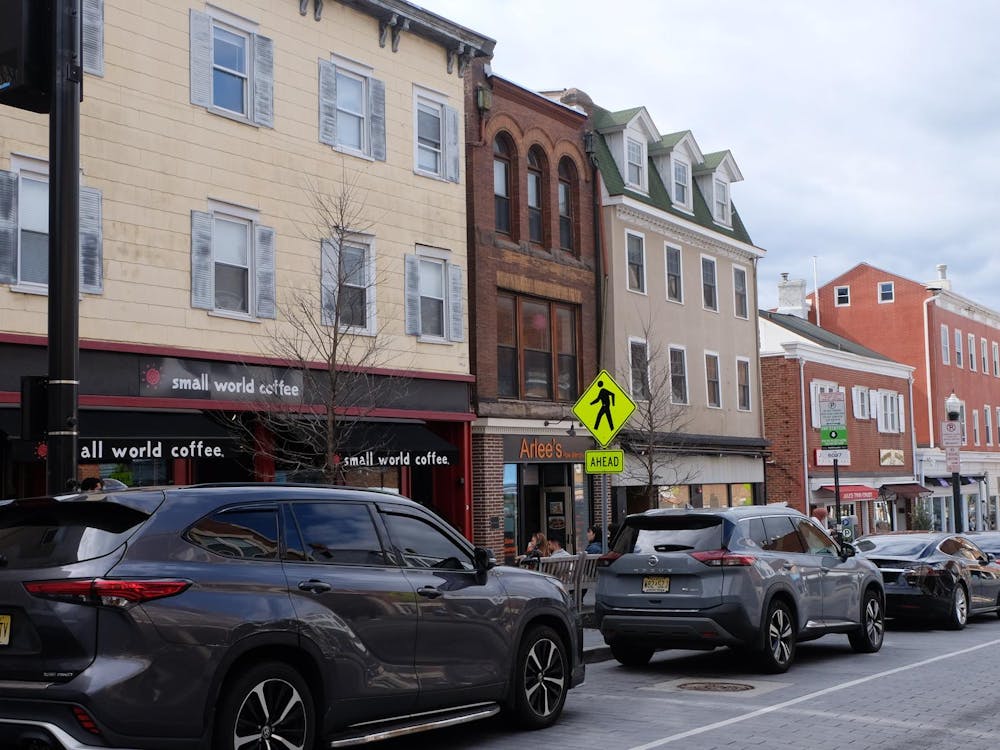On Tuesday night, professor of neuroscience and molecular biology and Princeton Gerrymandering Project director Sam Wang hosted a public forum outlining the importance of redistricting in New Jersey and the dangerous threat gerrymandering is to democracy.
The event, entitled “Redistricting Reform for a Fairer New Jersey: Statewide Public Forum Series,” consisted of an introduction by Wang and a panel featuring Helen Kioukis of the League of Women Voters of New Jersey and Will Adler and Hannah Wheelan of the Princeton Gerrymandering Project.
Wang introduced the panelists and explained that recent efforts to change New Jersey’s process of redistricting was not about favoring one political party over another, but about preventing excessively gerrymandered districts.
“This [project] was viewed in the national press as about right versus left, red versus blue,“ Wang said. “If you live here in New Jersey…you know it was about righting the rules that didn’t really make sense for the state.”
Kioukis argued for changing New Jersey’s state constitution in order to make our system fairer to voters. She called redistricting a “key part of our democracy” and said that it was “just as important as going to the ballot box and choosing who you want to represent you.”
“No one knows your community better than you do,” she said.
She outlined the dangers of gerrymandering, which she described as politicians choosing which communities they want to represent. Kioukis explained that gerrymandering is not as rampant in New Jersey as it is in other states, but it nevertheless is an issue to solve.
Wheelan explained that New Jersey’s current process of legislative redistricting involves a group of ten commissioners appointed by both a Republican and Democratic party chair in New Jersey. This commission has one month to vote on a legislative map.

She noted the small number of rules that the commission must abide by: its mandate to not violate the U.S. Constitution and federal law, to keep the population of each district equal, and to keep the districts “contiguous” and “compact.”
She claimed the process has issues with transparency, since the commissioners only have one month and no public hearings are required. She emphasized that the goal of a constitutional amendment is to change how this commission is elected and its operative standards.
“We do have a couple of best practices that any good reform would include,“ Wheelan said. “The first and most important is independence. It’s important for a reform to remove the conflict of interest that comes when politicians are choosing the districts they represent.”
Wheelan said it was important to learn from the example of other states, including California, which adopted an independent commission consisting of five Democrats, five Republicans, and four independents to decide on the districting map in 2008.

Adler elaborated on the difficult process of drawing districts. Factors in this process include keeping certain racial and ethnic groups together, increasing competition in races, and avoiding splitting up municipalities.
Kioukis expressed hope that the state constitution could be amended before the next redistricting in 2021 and that it would be a potential ballot question in November 2019.
“When political power is redistributed, we need to make sure it’s distributed in a way where everyone’s votes matter, everyone’s votes carry the same weight, [and] that no community’s power is diluted,” Kioukis said.








